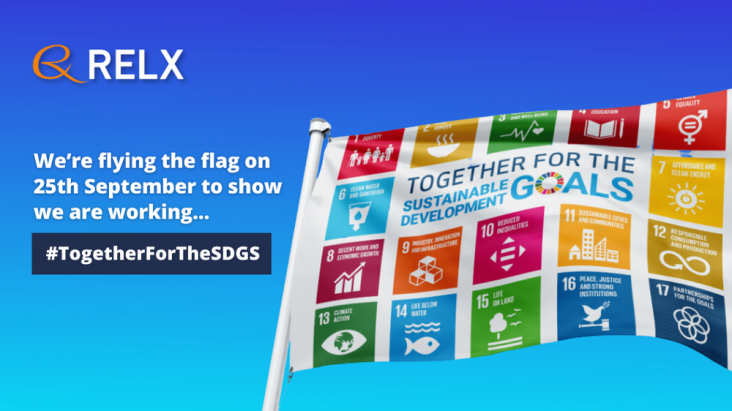This article provides an uncertainty analysis framework for assessing the impact of climate policies on economic growth and economic growth inequality.
Elsevier,
Artificial Intelligence in Clinical Practice, How AI Technologies Impact Medical Research and Clinics
2024, Pages 395-399
To harness the power and promise of AI in global health, adequate investment must be made in communication, computer systems, and supporting personnel to collect, curate, and manage the data necessary to enable benefits and minimize harm from the use of AI-related tools. In developed countries, this has either occurred or is underway. Developing countries run the risk of widening the digital divide if this does not occur. This chapter supports SDG3.

As we enter the ninth year since the adoption of the UN Sustainable Development Goals (SDGs) in 2015, the pressing need to meet these ambitious objectives becomes ever more evident.
Advance directives give people the right and agency to determine what treatment they should receive when they are unable to make such decisions during an episode of illness
This Viewpoint supports SDG 3 and 10 by describing the health effects of settler colonial erasure and racial capitalist exploitation, arguing that widespread epistemic and material injustice, long noted by marginalised communities, is more apparent and challengeable with the consistent application of these two frameworks.
This Comment article supports SDG 3 and 10 by calling on all countries to urgently prioritise strengthening resilient and equitable health systems to achieve universal health coverage, framing universal health coverage as a matter of health, rights, and justice, as well as a key enabler of human security.
PLMP leverages the interdependencies in the semantic network to project markers from the social discourse level (tweets) to the word level, allowing for a richer interpretation of the online sentiment. The authors apply PLMP to analyze online discourse around three major events: #MeToo, #FridaysForFuture, and #Covid19
This article advances SDG # 3, 4, 8, 10 and 13 by compiling evidence showing that climate change and its various consequences can adversely affect brain development in the fetal through the early childhood stages. Long-term consequences on health, education and economies are significant. T
The chapter advances Goals 5 and 10 by educating mental health providers on how to provide culturally sensitive care to all women.
This study highlights the critical role of Indigenous Peoples in protecting natural areas and the threats these areas face from industrial development expansion. It emphasizes the need to strengthen Indigenous Peoples' rights, self-determination, and leadership to reduce the risk of conversion of their lands, thereby promoting socio-ecological well-being, which is relevant to the International Day of Indigenous Peoples.
